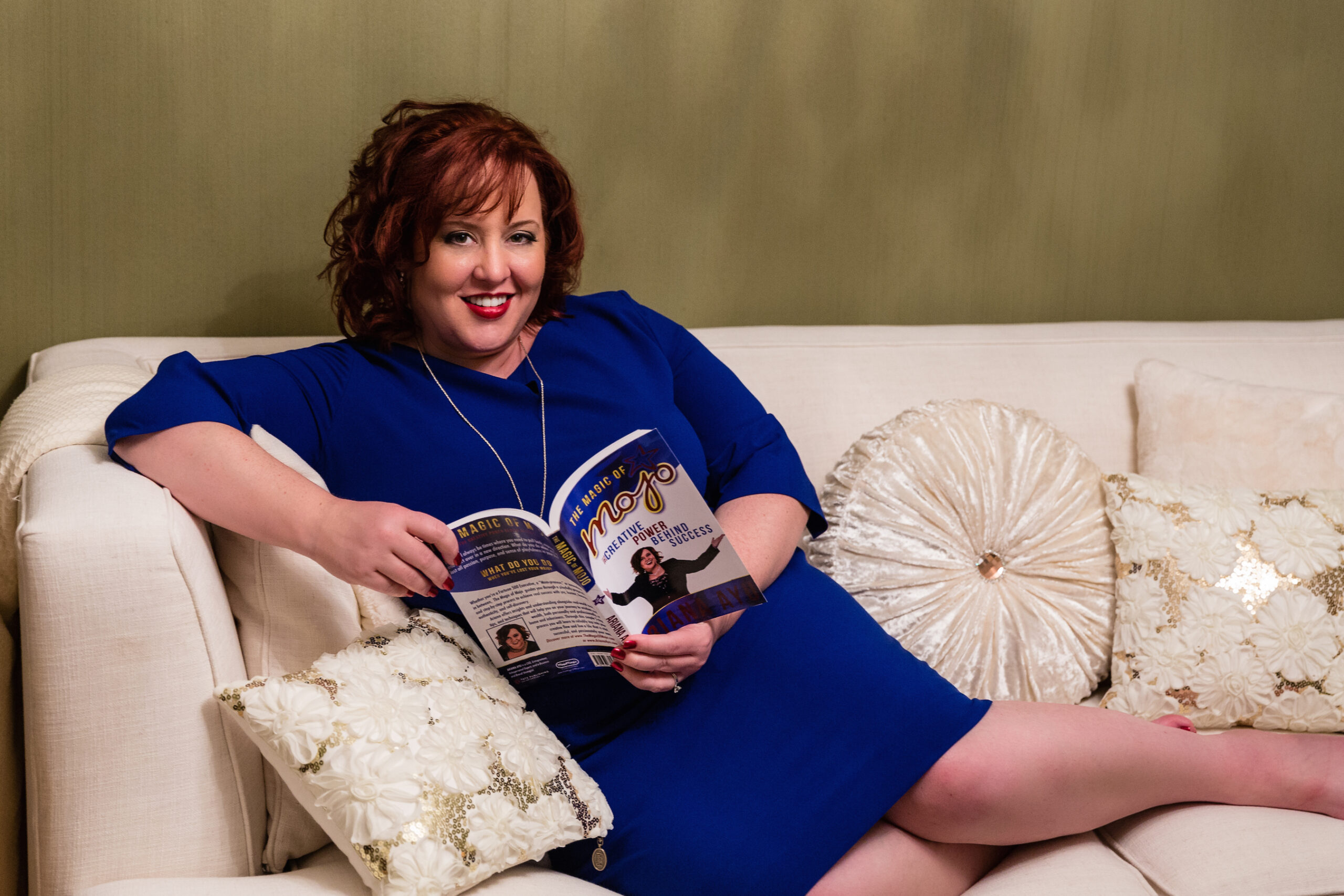
7 Lessons From The Hobbit and The Lord of The Rings on Surviving the Entrepreneur’s Journey
Whether you prefer the books or the movies, J.R.R. Tolkien left us profound wisdom we can apply to the journey of entrepreneurship.
As entrepreneurs, no matter how many people we have around us, our quest (to make something, to build something, to inspire others, to serve our audience, etc.) is ultimately ours, and ours alone. It is a lonely journey, because non-entrepreneurs can rarely understand our burning need to keep going despite seemingly impossible challenges. Although we can inspire (and hire) others to assist us in our journey, like Frodo in The Lord of the Rings, being an entrepreneur is our burden to carry.
The Lord of The Rings has been a mild obsession of mine since I first read it in 5th and 6th grade. At least once or twice a decade I re-read it or listen to the unabridged audiobook; partly because it’s so beautifully written that the words feel like they’ve been etched into my soul, and partly because I resonate so strongly with the character of Frodo. Whether you prefer the books or the movies, Tolkien left us profound wisdom we can apply to the journey of entrepreneurship.
Here are my Tolkien-inspired lessons for surviving your entrepreneurial quest:
1. Bilbo didn’t want to go on his journey, but when he accepted his destiny, he became rich beyond his–and his neighbors’–dreams.
Some days we may not want to be on this journey, but it’s the path laid before us. Let’s face it; most of us entrepreneurs make terrible employees, and being an entrepreneur often stinks. We feel isolated, alone, and the burden is on our shoulders to make our vision reality. Those who don’t feel the driving need to create something of their own (a business, a product, a movement) often bash our desire to do so, partly because they can’t fathom the rewards we know await us. Some of the reward we seek is financial (of course), but it’s also the internal satisfaction we get from doing what only we can do.
2. While carrying the ring was their burden, neither Bilbo nor Frodo was actually alone.
As visionary entrepreneurs we often feel isolated. It’s important to remember we can share the journey with those around us. Delegate, and rely on the strengths of your team to help where you are lacking. Both Bilbo and Frodo had companions, and while they didn’t all stay together to the end, there were many people along the journey to lend support, help with the cooking, provide a safe haven, keep watch, or simply sing a song to lift the mood.
3. For problems too big to handle on your own, call a council.
When we have a problem we don’t know how to solve, one of the best things we can do is gather more information. Put together an advisory board of people from a variety of specialties and get their input when you don’t know what to do next.
4. If elves and dwarves can learn to get along, so can creatives and logicians, techies and customer-service specialists.
Relying on each others’ strengths gives us access to a wider pool of resources and potential solutions. When we unite, focus on a common goal, and are willing to speak a common language, we can overcome whatever challenge is put in front of us.
5. Both Bilbo and Frodo relied heavily on Gandalf.
It’s critical to have a trusted mentor/ advisor. Bilbo and Frodo both had Gandalf to advise them on their journeys. Gandalf knew them, understood the perils they would face, and had the wisdom to see internal strengths neither Bilbo nor Frodo knew they possessed.
6. When in doubt, go with your gut.
At the council in Rivendell, Frodo knew the quest was his to take, though he did not know the way. Along the journey, when he had to make uncomfortable or difficult decisions, he relied on his intuition. His inner wisdom helped him make choices he could live with, despite not knowing the outcomes in advance.
7. Frodo always had Sam.
While I’ve always identified most with Frodo, Samwise Gamgee has always been my favorite character. No matter what hell Frodo was going through, Sam was there. He took care of Frodo, anticipated his needs, and was by his side through the darkest times; Sam stayed with Frodo to the end.
From the beginning, Sam was willing to support Frodo however he could. He couldn’t let Frodo go off on his own, even though leaving the Shire was out of his comfort zone. He cooked, hunted, and did whatever was necessary to keep Frodo moving. When Frodo was near death, Sam stayed by his side. When Sam thought Frodo was dead, he took up the yoke of the ring and was willing to march onward with Frodo’s mission. When Frodo wanted to give up on his purpose, became obsessed with the ring, and was about to destroy everything he cared about, Sam loved him enough to stand up to him and remind him what was important. (Obviously Gollum saved Frodo in the end, but even Sam couldn’t be expected to cut off Frodo’s finger!)
Find your Sam. Whether a spouse, sibling, friend, or business partner, we all need someone we can truly count on to walk beside us on our journey.
And of course, always keep in mind:
All that is gold does not glitter,
Not all those who wander are lost.
— J.R.R. Tolkien
This article was originally published on Inc.com in December 2014.

Author, activist, international speaker, multi-preneur, mentor, wife, and mom, Ariana Ayu is a Transformational Mystic and a Catalyst for Conscious Change.
She is the creator and lead educator for the CannyNurse™ Certificate Program, a 50-hour CEU program for nurses from LPNs through doctoral degrees, and the first comprehensive cannabis nurse training program designed for working nurses. An ordained priestess, holistic healer, and lifelong student of ancient/ modern wisdom, Ariana’s nursing background includes pediatrics, labor & delivery, nurse education, and Holistic Health/ Integrative Nurse Coaching.
She earned her MSc in Advancing Nursing Practice from the University of Edinburgh in Scotland (UK), and her Cannabis Nursing Certification from Pacific College of Health and Science.
She is passionate about racial justice, social equity, environmental preservation and conservation, and empowered health, wellness, and joy for all. Her practice is governed by the ethical principles of integrity, nonjudgment, empowerment, and respect for her clients’ autonomy.